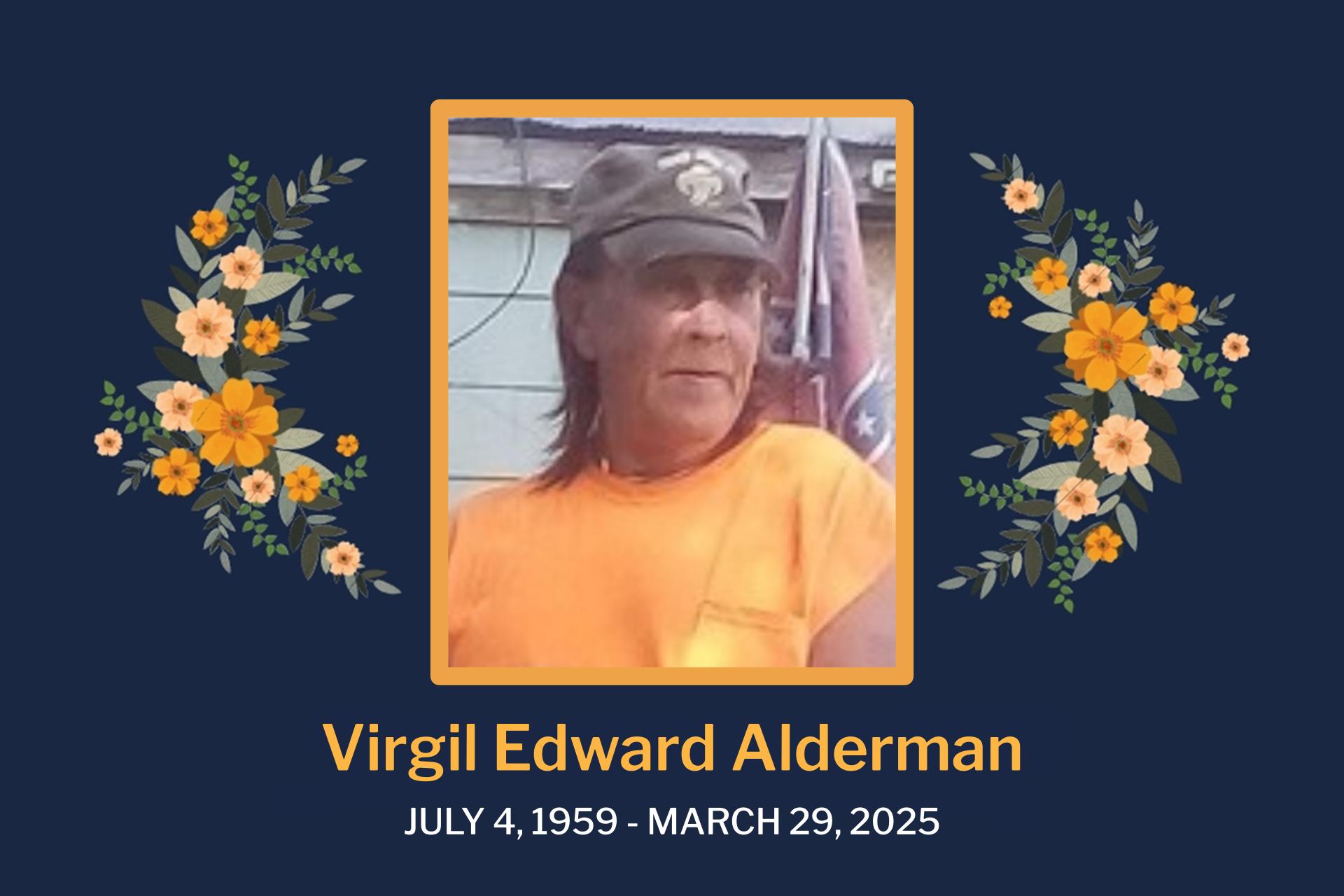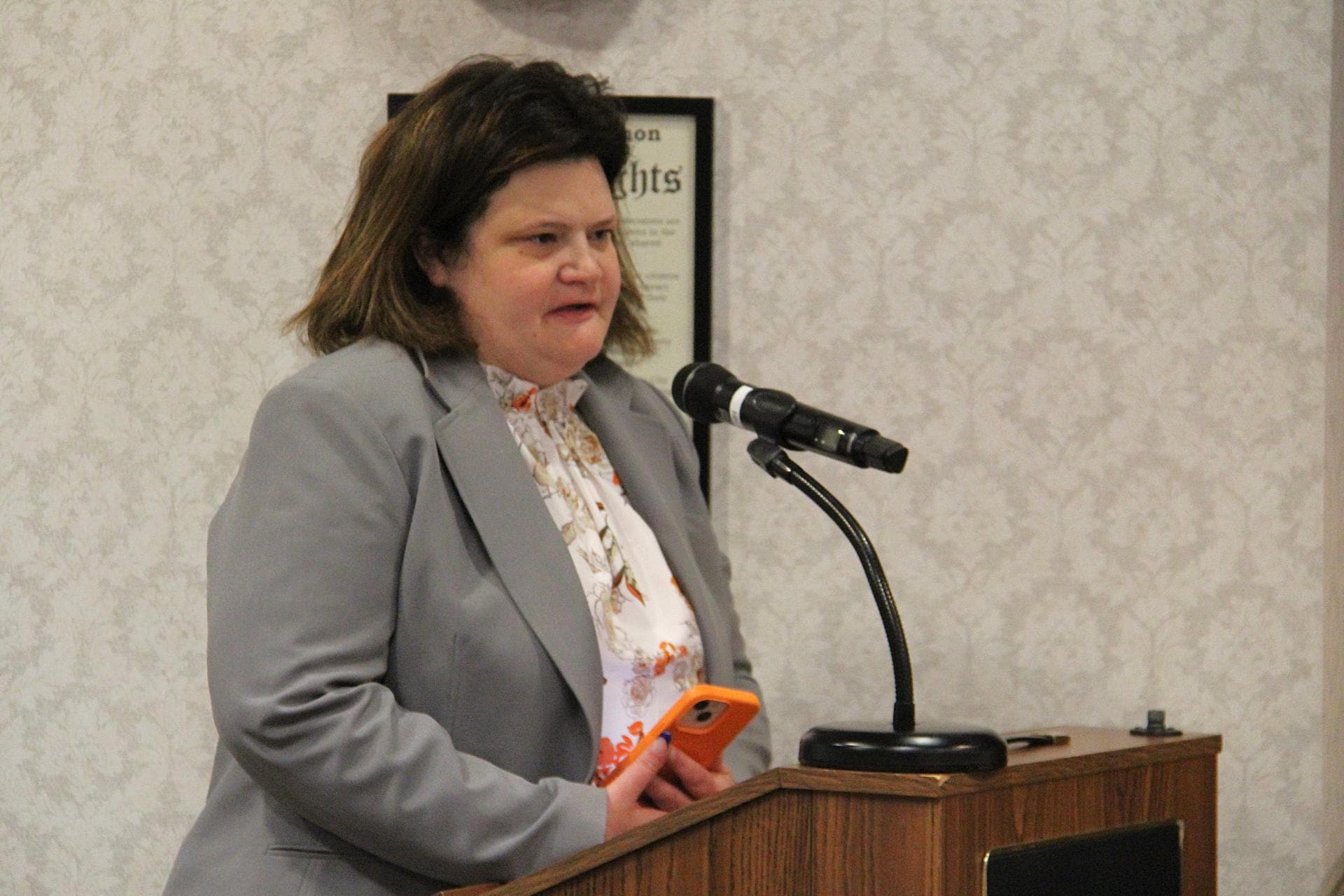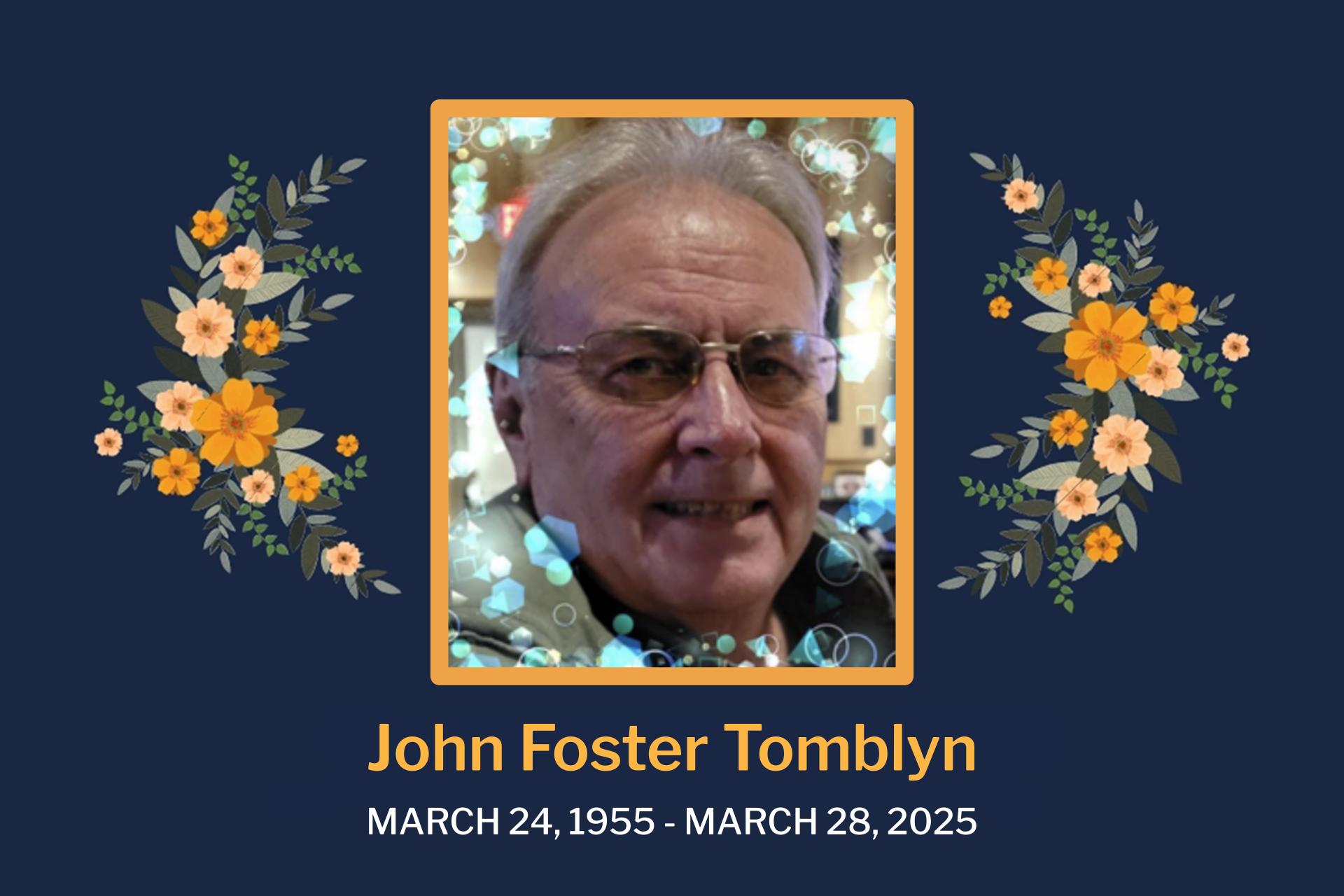FAIRMONT — A court case that was filed in 1866 has resurfaced as the result of efforts by Fairmont State Professor Raymond Alvarez.
Originally filed as a civil case, Meade v. Johnson is now considered Marion County’s first civil rights case. Prior to Alvarez’s findings, civil rights cases weren’t noted until more than a decade later.
Alvarez’s research has been published in a recent edition of Goldenseal, a quarterly magazine published by West Virginia’s Department of Arts, Culture and History.
The case centered around a contract dispute between former slave Alfred Meade and former Virginia governor Joseph Johnson. Meade filed the suit against Johnson in an attempt to secure repayment for a loan.
The outcome of the case is no surprise: Johnson walked away none the poorer. But it wasn’t the verdict that interested Alvarez—it was the context of the case itself.
With assistance from Fairmont State Law Professor Gregory Hinton, Alvarez researched details of the case and uncovered facts that add an interesting dimension to Fairmont’s history. Hinton guided Alvarez to the interesting conclusion that this case, not a later case in 1880, was actually the first civil rights case in West Virginia.
In 1866 the West Virginia legislature gave Black people the right to testify against white people in court. Prior to this, the only legal challenges permitted by Black people were those filed against other Black people. Had this new law not been enacted shortly before his case, Meade would not have been permitted to file a dispute against Johnson, a white man.
“Of course, Alfred couldn’t win with an all-white jury that was loyal to the confederacy,” Alvarez said. “But the fact that he filed the case at all was very unusual.”
Alvarez’s three-year project started in 2019 when he had been researching Harriet Wilson Whitely, a woman thought to be the last person born into slavery in Marion County. Some of the articles touched upon a court case filed by Whitely’s brother-in-law, Alfred Meade.
“I was researching freed slaves in Marion County in the 1860s,” Alvarez said. “I found Alfred’s story referenced in a column by Fairmont Times editor Ned Smith.” Smith had been a longtime editor for the Times and wrote about history as it related to Marion County. His columns ran for more than 30 years starting in the 1920s.
“I continued to research Alfred’s story,” Alvarez said. “When his case was filed in 1866, it received much national attention, even though Johnson eventually won.”
“Alfred’s case had nothing to do with race,” Hinton said. “And it wasn’t a criminal case. It was a civil case, with Alfred suing the governor for money owed. The court decided the case not by facts, but instead by the color of Alfred’s skin, and that’s when it became a civil rights case. The first in our state.”
Undeterred by the court’s decision, Meade and other Black leaders went on to found one of the first schools for Black children in 1869. He settled in Fairmont and remained in contact with his friend, Francis Pierpont, often called the Father of West Virginia. It is believed that it was Pierpont who encouraged Meade to file the legal challenge against Johnson.
“Alfred Meade was an influential leader on many levels,” Alvarez said. “While he lost his case against Johnson, Alfred’s case brought forth a significant finding—that freed slaves could live and prosper in Fairmont before and after the Civil War.”
For more information about Goldenseal, go to https://wvculture.org/discover/publications/goldenseal.


















